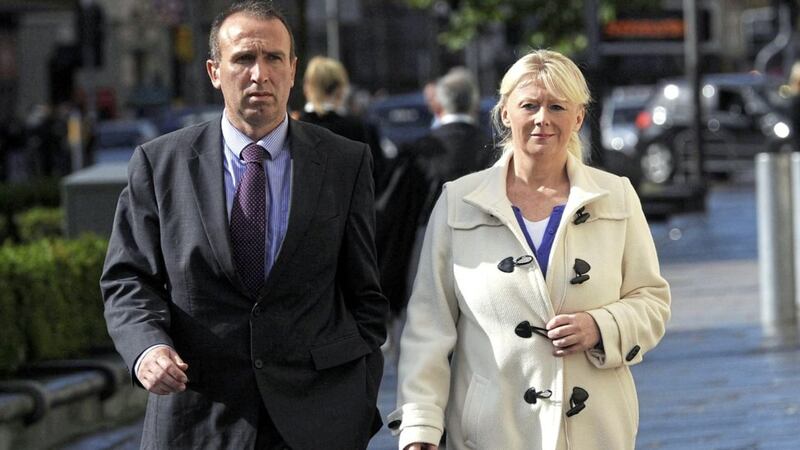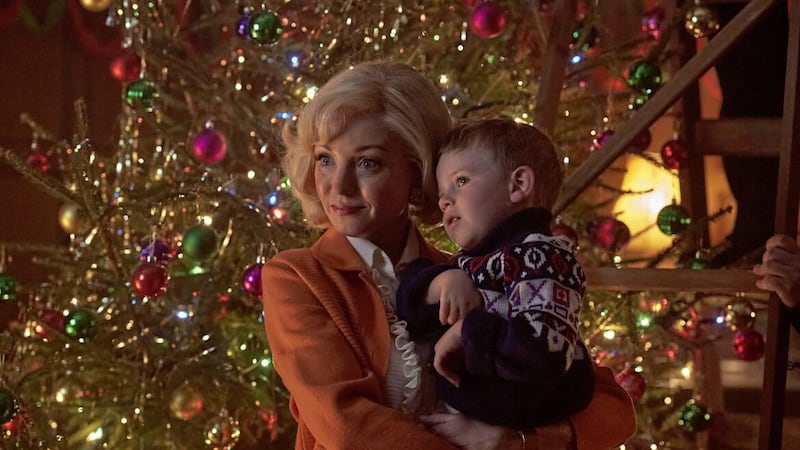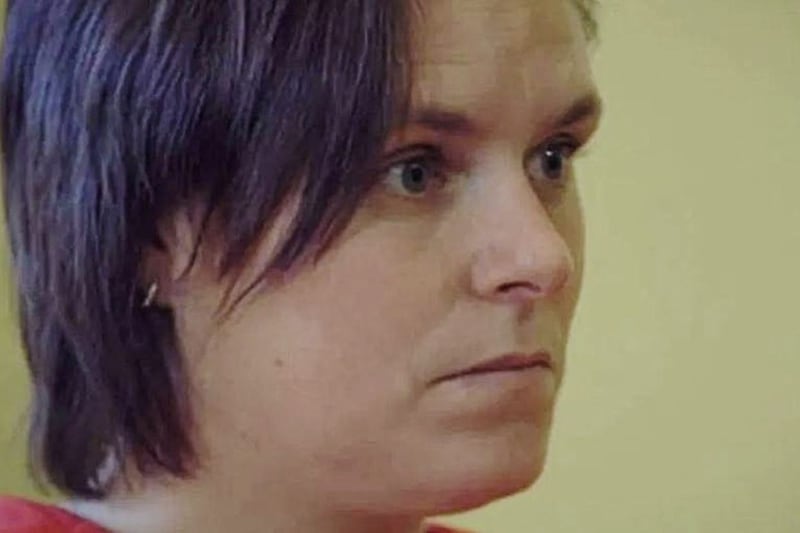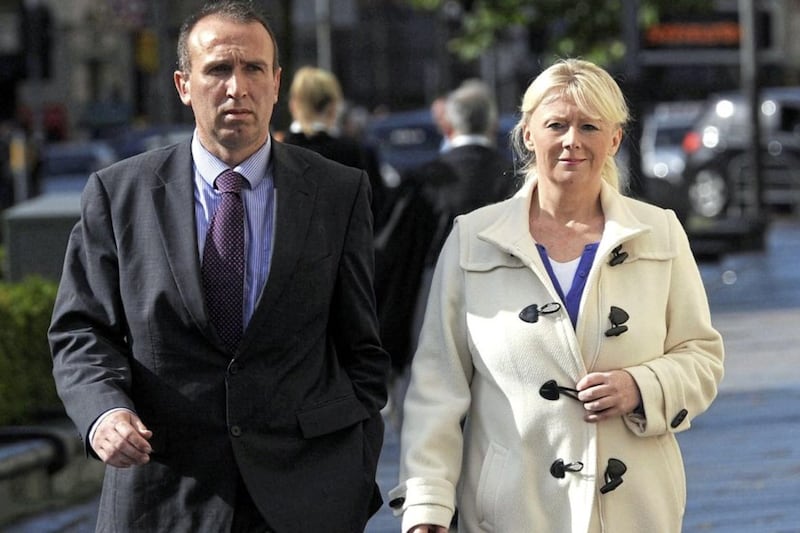The Murder Next Door, Channel Five, Tuesday, 10pm
NEIGHBOURS can play an important part in our daily lives. For many of us, good neighbours become great friends, and in some cases like family.
But for one frail Newry pensioner, her brutal death came at the hands of her neighbour.
The Murder Next Door documentary examines the experiences of people who have become involved in disputes with those they live beside.
This episode explores the true story of Maire Rankin, an 81-year-old grandmother battered to death in her Dublin Road home.
Using eyewitness testimony, police interviews, CCTV and phone footage, the shocking murder of the vulnerable woman is examined for the final instalment of the Channel Five programme.
From true testimonies of those who lived beside her, to the police investigation and how it was compiled against the accused, Karen Walsh, to how it played out in court, the documentary gives a chilling insight into the horrific Christmas Day killing.
Attacked with a crucifix and sexually assaulted, the documentary begins with the heartbreaking phone call her daughter Brenda made to the emergency services on that fateful morning in 2008.
"Oh my god, she's dead," she could be heard wailing.
With eyewitness accounts of those who lived beside Mrs Rankin, neighbours tell of how they never had concerns about locking the doors of the homes.
Lovingly remembering Mrs Rankin as the "cornerstone of the community" in which she had lived for decades, neighbour Carmel Rafferty told the programme, she "only did good for people".
Suffering from a chest infection, Mrs Rankin had stayed at home on Christmas Eve, a decision that ultimately led to her death.
Brenda retraces her steps on the fateful morning, calling her mother to arrange a pick-up time.
"My sense of panic was rising... I was really worried about mummy," she tells the programme.
"I was really fearful she had slipped and fallen. I had no idea what I was going to find."
Sadly her mother's fate was even more stark than first feared as she was found her lying on the ground, battered and bruised.
"I could see there had been some type of struggle," she said.
The documentary features interviews with the detectives who led the murder probe, which initially was believed to be a "burglary gone wrong".
Viewers are shown photographs of evidence found at the scene, including a clump of Mrs Rankin's hair and the crucifix, which hung above her bed and was used to inflict a serious head injury and 15 broken ribs.
All those close to Maire became a suspect and it was then seemingly caring neighbour Walsh came to the attention of police. A pharmacist and executive husband Richard Durkin were a high-flying couple who used their Dublin Road property as their 'weekend bolthole'.
She appeared from the outside to be a normal neighbour, with footage of her witness testimony to police revealing she had visited Mrs Rankin on Christmas Eve, popping round for a friendly chat.
But a breakthrough for detectives came when Walsh's DNA was discovered on the crucifix. Combined with evidence from a neighbour who recalled an argument Walsh had with her husband on Christmas morning, meant police were further piecing together the events of that night.
Maintaining her innocence throughout - even to this day - footage of Walsh being charged with murder documented her reaction: "I can't believe this, it's bizarre", she replied.
"The whole things has been a complete nightmare," she said.
The documentary moved onto the ensuing trial, in which it took a jury just two hours to find Walsh guilty and sentenced to life.
A decade on, a new family lives in Mrs Rankin's house, but her memory lives on.
Some of her neighbours are still there - the ones she could rely on, who she felt safe and happy to be around.
But for 'neighbour' Walsh, she won't be eligible for parole until she is a pensioner herself.








